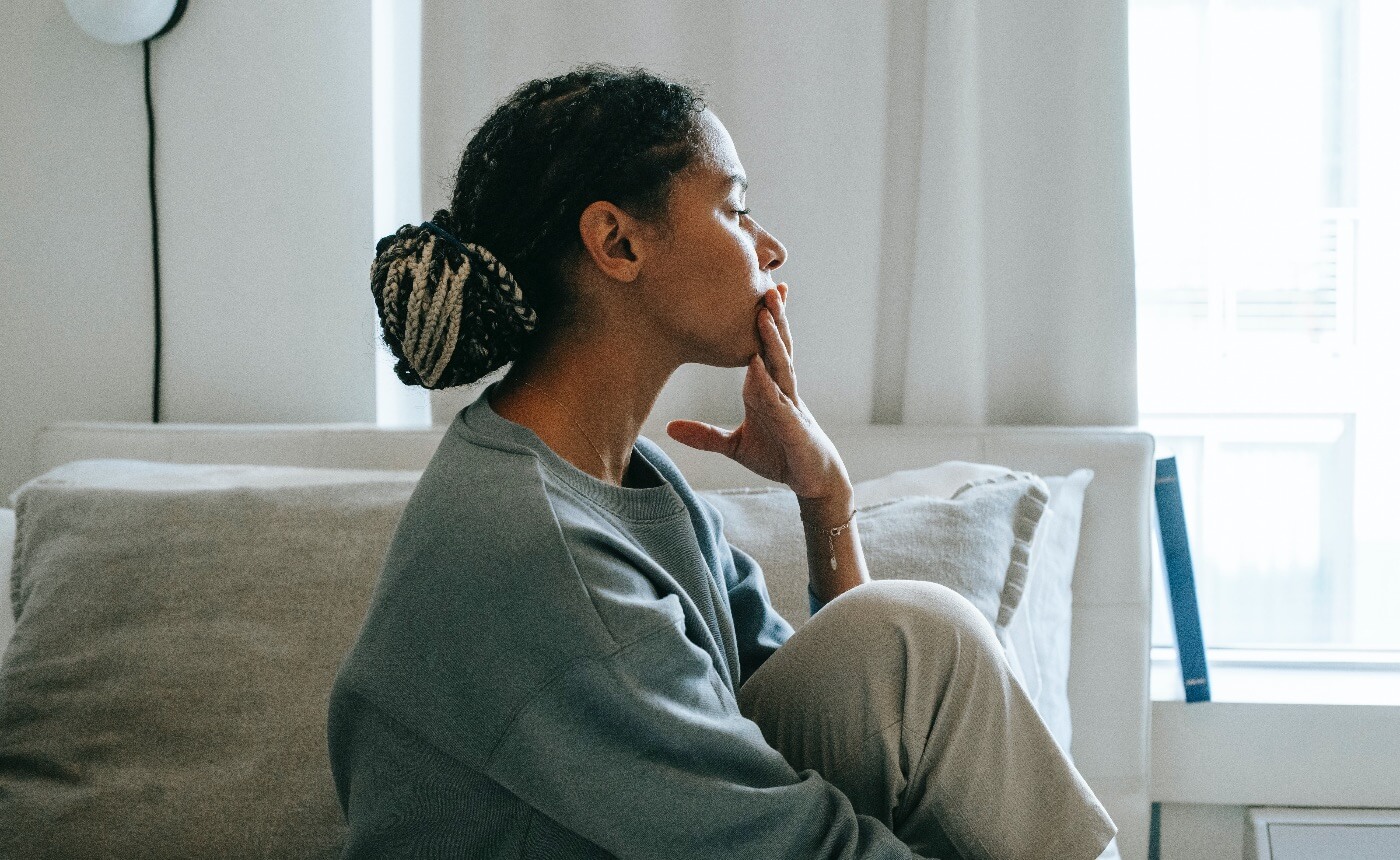The Covid-19 pandemic has impacted us all, but it has been increasingly challenging for people with mental health problems, with 65% of adults with pre-existing mental health problems noting that their mental health got worse due to the first lockdown according to a survey from Mind.
For people with Obsessive compulsive disorder (OCD), the increased stress, anxiety and uncertainty caused by the pandemic has worsened their symptoms.
I have been living with OCD since I was seven, and the pandemic has increased my fears surrounding negative things happening to those I love. My anxiety levels have been at an all-time high and I know I am not alone in this.
OCD is a mental health condition that causes people to have obsessive thoughts and compulsive behaviours. It can affect anyone, but usually starts in early adulthood.
An obsession involves unwanted thoughts, images or urges that repeatedly come into the mind, causing anxiety, disgust or distress. Compulsions are repetitive behaviours or mental acts that people do to relieve or neutralise the unpleasant feelings that were brought on by the unwanted thought.
For people with contamination or cleanliness OCD, they may be more likely to obsess about cleanliness or decontamination and may compulsively wash their hands or other parts of their bodies.
And now their compulsions have become public health advice in order to keep safe during the pandemic. Stay home, wash hands, wear face masks, keep surfaces clean.
Obsessions and compulsions can change depending on what is happening around us, so the past year has been very challenging.
10 months into the pandemic I spoke to people about how COVID-19 has affected their OCD and how they have managed to cope.
Amelia, a university student, suffers from Pure O, a form of OCD in which sufferers engage in hidden mental rituals and compulsions to respond to unwanted thoughts. She has found that her thoughts have taken over throughout the pandemic.
She tells me, “I suffer with both harm and sexual intrusive thoughts and without the day-to-day distractions I have been really struggling to silence that voice.”
“I’m in lockdown at my family home so being around loved ones when they are often the subject of my thoughts is incredibly difficult.”
Amelia has been managing her OCD by separating herself from her disorder. “I am constantly saying positive affirmations to myself in the mirror such as ‘you are not disgusting; you are not what your illness says you are etc.” she says.
Rebecca, a Neuro-Linguistic Programming trainer was diagnosed with OCD 6 years ago and found herself panicking as her intrusive thoughts started to increase last March. “I felt vulnerable and scared.” she says. “It’s my intrusive thoughts that get worse under stressful times and are out of my control.”
Rebecca found that when she put a routine in place, she felt she had more control over what was happening in her life, “it’s one of the biggest things that helped me heal.”
Ben Taylor from HomeWorking, has found lockdown challenging. His rituals involve counting, straightening objects and tapping things a certain number of times. “The pandemic has made everything highly uncertain. As such, when the news is getting particularly scary, with cases rising or particular issues in the local area, I notice my OCD rituals building.”
“In terms of how I’ve managed…I’m not actively working to “resist” rituals at the moment. Instead, I’m focussing on not adding new ones and letting it escalate.”
Despite having better control of her OCD and feeling “90%” better. Leah*, found the lockdown has given her more time to think which has allowed for her intrusive thoughts to come back. In order to rationalise her thoughts and notice patterns developing she has been using journalising and meditation as a way to manage these thoughts and rescue her anxiety.
Whilst OCD is most commonly managed through cognitive behavioural therapy (CBT) and medication known as selective serotonin reuptake inhibitors (SSRIs), there are things you can do to help during lock down.
Ashley Fulwood, Chief Executive of OCD UK, who has lived experience of OCD says “the current pandemic advice of washing your hands, goes against the therapeutic advice when we are helping people overcome OCD, which is to sit with the uncertainty and not wash”
“Our advice is stick to the pandemic guidance and wash for 20 seconds then stop” He continues.
“Be aware of OCD compulsions that sneak in, such as texting/checking if loved ones feel ok for no reason, or extreme avoiding family/loved ones (more than tier guidance) out of fear of passing COVID to them.”
Professor Paul Salkovskis, a Professor of Clinical Psychology and Applied Science suggests engaging with activities that can be done under the coronavirus restrictions including; keeping in touch with family and friends, taking part in quizzes or games online, watching films and TV shows, listening to music, and making sure to get outdoors for fresh air and physical exercise.
Most importantly he noted, everyone needs to be kind to themselves. “If you have a bad day today, you can still have a better tomorrow.”
*Names have been changed.

